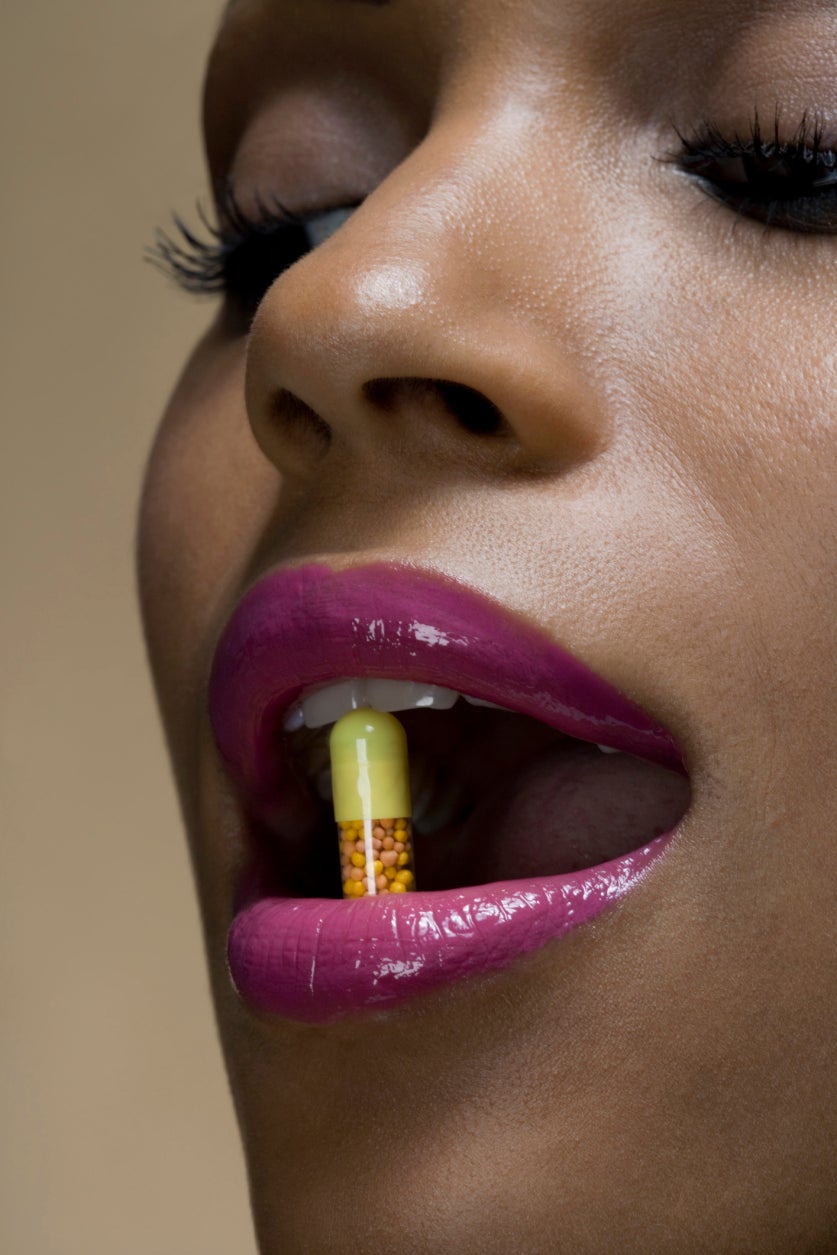
It is rare that you will find a person who suffers from severe acne who won’t go to great lengths to change their skin. Many women who suffer from adult acne have tried everything on the market—every cream, cosmetic peel, lotion, diet or magic pill. For many women, prescription drugs such as istotretinoin are a last resort.
Would You Shave Your Face For Better Skin?
Dr. Seth J. Orlow of New York University’s Langone Medical Center recently published a study in the Journal of the American Academy of Dermatology in which he discovered that dermatology patients who treat their acne with antibiotics are exposed to the drug for a prolonged period of time, which sometimes renders the drug ineffective. For patients who require antibiotic treatments to treat their acne, most doctors will prescribe antibiotics with a low potency before prescribing istotretinoin—an antibiotic formulated specifically for those with issues of severe acne—so as to avoid prescribing medication that may be too strong. The downside of this, however, is that a majority of the patients will ultimately still be prescribed istotretinoin after months of exposure to ineffective, low potency antibiotic treatments.
From The Pros: Your Skin After 30
According the an article published by World Report Now, Dr. Orlow’s study reviewed the medical records of 137 patients at NYU’s dermatology center and discovered that two thirds of the patients used the antibiotic treatment for a median of 1 months, while the remaining third used the treatment for a year or more. The issue is that prolonged use of antibiotics can ultimately lead to resistance of the drug, and thus render the drug ineffective or create the need for a stronger prescription. According to the Global Alliance to Improve Acne Outcomes, patients should follow antibiotic treatment for a maximum of three months, which means that on average, acne patients are using treatments four times longer than recommended—sometimes without seeing any results after the first three months.
“Our study suggests that physicians need to recognize within weeks, not months, when patients are failing to respond to antibiotic therapy in cases of severe acne,” Dr. Orlow said in a recent Langone news release. Dr. Katy Burris of Manahasset New York agreed, stating ,”Long-term use of antibiotics is associated with bacterial resistance, and often, these patients will ultimately end up needing treatment with isotretinoin anyway.”
Ask The Experts: 10 Black Skin Secrets
To prevent overexposure to antibiotics, it is recommended that patients speak openly about their current treatments and the length of time they’ve followed their current prescription as well as consider using treatments like istotretinoin sooner rather than later, to prevent the possibility of developing a resistance to antibiotic treatments.
Do you have a prescribed treatment to treat your acne? How long have you been using it? Share your thoughts in the comments below.